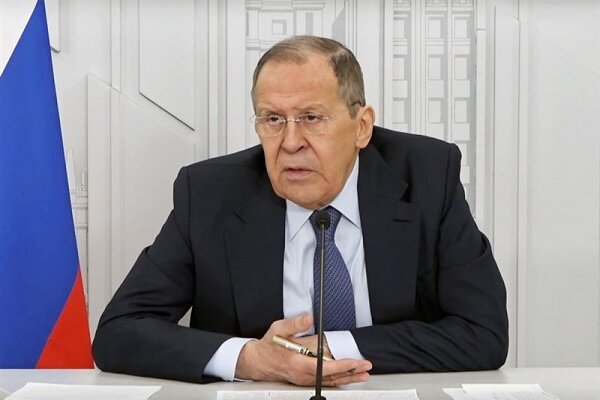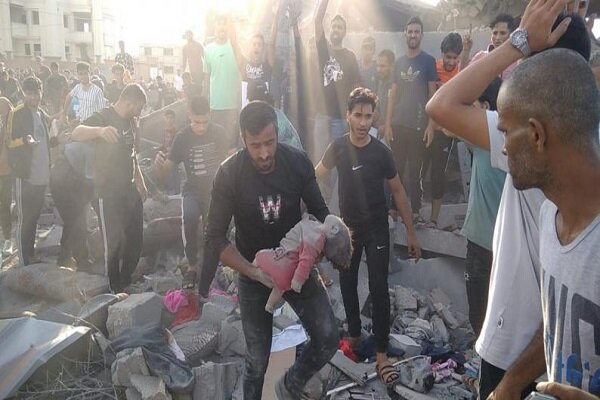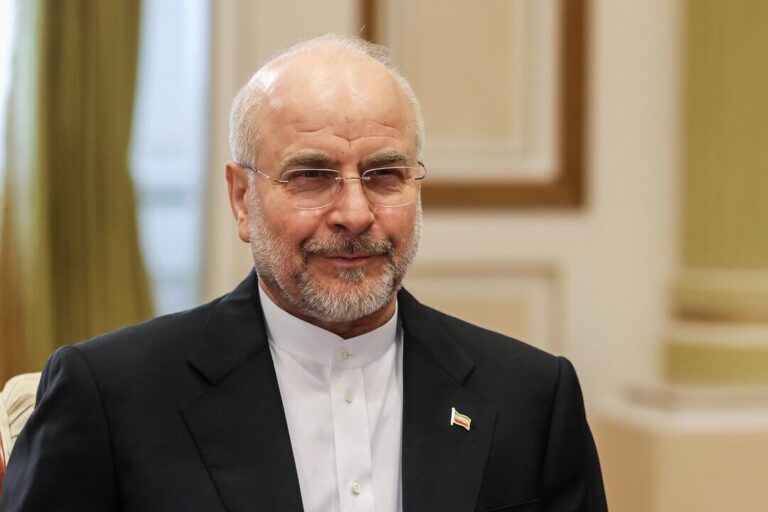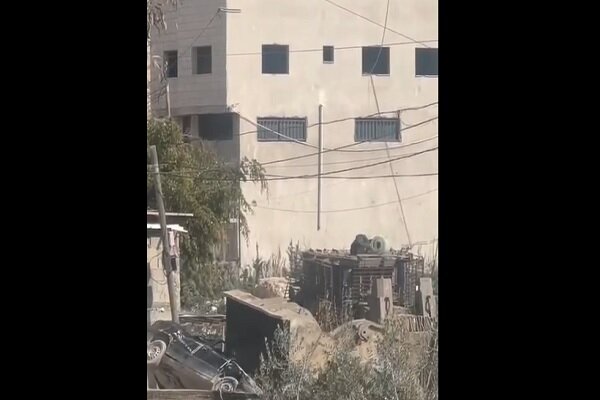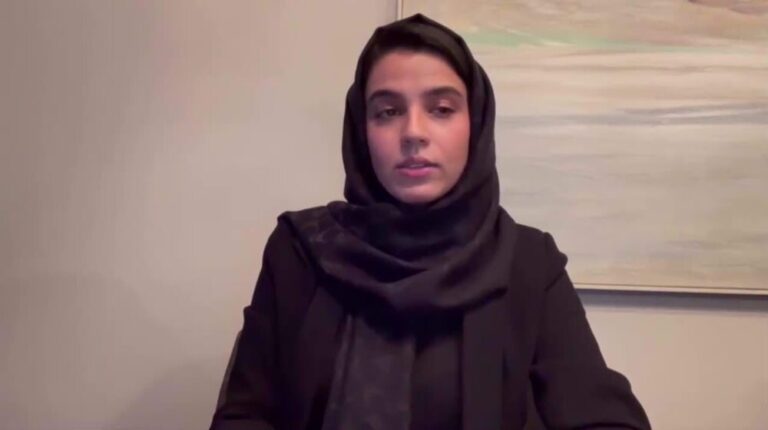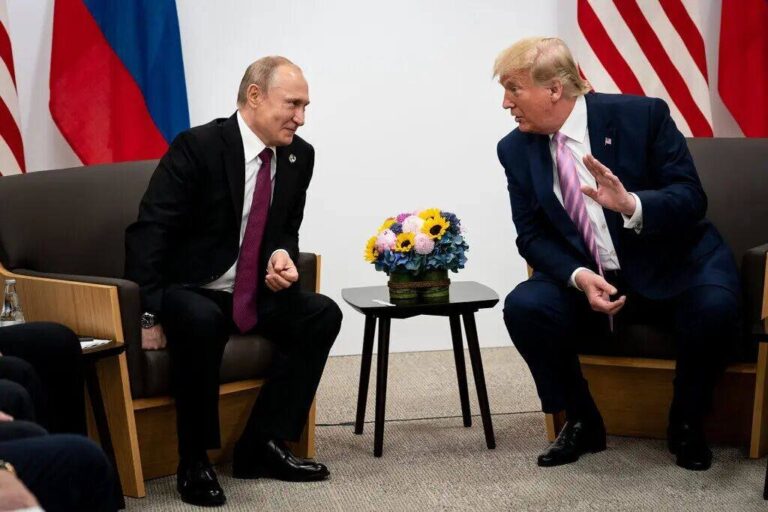Israel’s Stance on Lebanon and Syria: Aiming to Evict Gazans Amid Regional Tensions
The ongoing conflict in the Middle East continues to draw significant attention, particularly regarding the role of major powers like Russia, China, and Iran. Recently, Russian Foreign Minister Sergey Lavrov made critical statements about the geopolitical dynamics at play, accusing Western nations of attempting to undermine these countries’ influence in Syria.
During his address at the 14th Middle East Conference of the Valdai Discussion Club in Moscow, Lavrov highlighted the West’s efforts to push Russia, China, and Iran into secondary roles in the ongoing Syrian conflict. He emphasized that these maneuvers are not borne of goodwill but represent a broader strategy to reduce the influence of geopolitical competitors.
- Western Intentions: Lavrov stated, “Attempts to remove Russia, China, and Iran from the process of externally supporting a Syrian settlement are hardly motivated by goodwill.”
- Creating Crises: He accused Western nations, especially the United States, of generating crises and then observing the fallout, saying, “The West is used to destroying something, creating crises, and then watching what happens.”
- Middle East as a Serious Issue: Lavrov stressed that the region should not be treated as a playground for foreign interests.
In addition to his criticism of Western actions, Lavrov acknowledged the recent ceasefire agreement between Israel and the Palestinian group Hamas. He welcomed the achievement as a positive outcome following extensive negotiations at the United Nations Security Council.
“Of course, it is good that a ceasefire has been achieved after almost a year of efforts,” he remarked. However, he noted that despite this truce, the number of casualties continues to rise, raising concerns about the effectiveness of the agreement.
Furthermore, Lavrov accused Israel of having no intention of relinquishing control over territories it occupies in Lebanon and Syria. He claimed that there are credible reports suggesting that Israel intends to extend its control beyond Gaza, particularly over the northwest bank of the Jordan River, alongside the displacement of Palestinians.
Lavrov highlighted the necessity of establishing a Palestinian state, referring to it as “the key to all the numerous problems” in the Middle East. He also pointed out that the United States, under the administration of former President Donald Trump, has not clearly articulated its stance on the two-state solution, which complicates the peace process.
As the situation in Gaza evolves, Lavrov mentioned that Moscow is receiving indications of potential complications in implementing the next phase of the ceasefire. This follows months of intense military conflict in the Gaza Strip, which has resulted in significant loss of life and humanitarian crises.
Last month, the Israeli government and Hamas reached a deal to cease hostilities and exchange Israeli hostages for Palestinian prisoners. The agreement is structured in three stages, each lasting 42 days, with Israel agreeing to release between 1,700 and 2,000 Palestinian and Arab detainees in exchange for 33 Israeli captives, regardless of their status.
The toll of the ongoing conflict has been devastating, with reports indicating that Israel’s military actions have resulted in over 47,500 Palestinian deaths, the majority being women and children, and more than 111,600 injuries since the escalation began on October 7, 2023. The humanitarian implications of this conflict cannot be overstated, as the region grapples with profound challenges.
In conclusion, Lavrov’s remarks underscore the complex interplay of international relations concerning the Middle East. The ongoing conflicts, negotiations, and geopolitical maneuvers are pivotal in shaping the future of the region. As the world watches closely, the implications of these developments will continue to unfold, highlighting the urgent need for a comprehensive and sustainable resolution to the longstanding issues in the Middle East.
